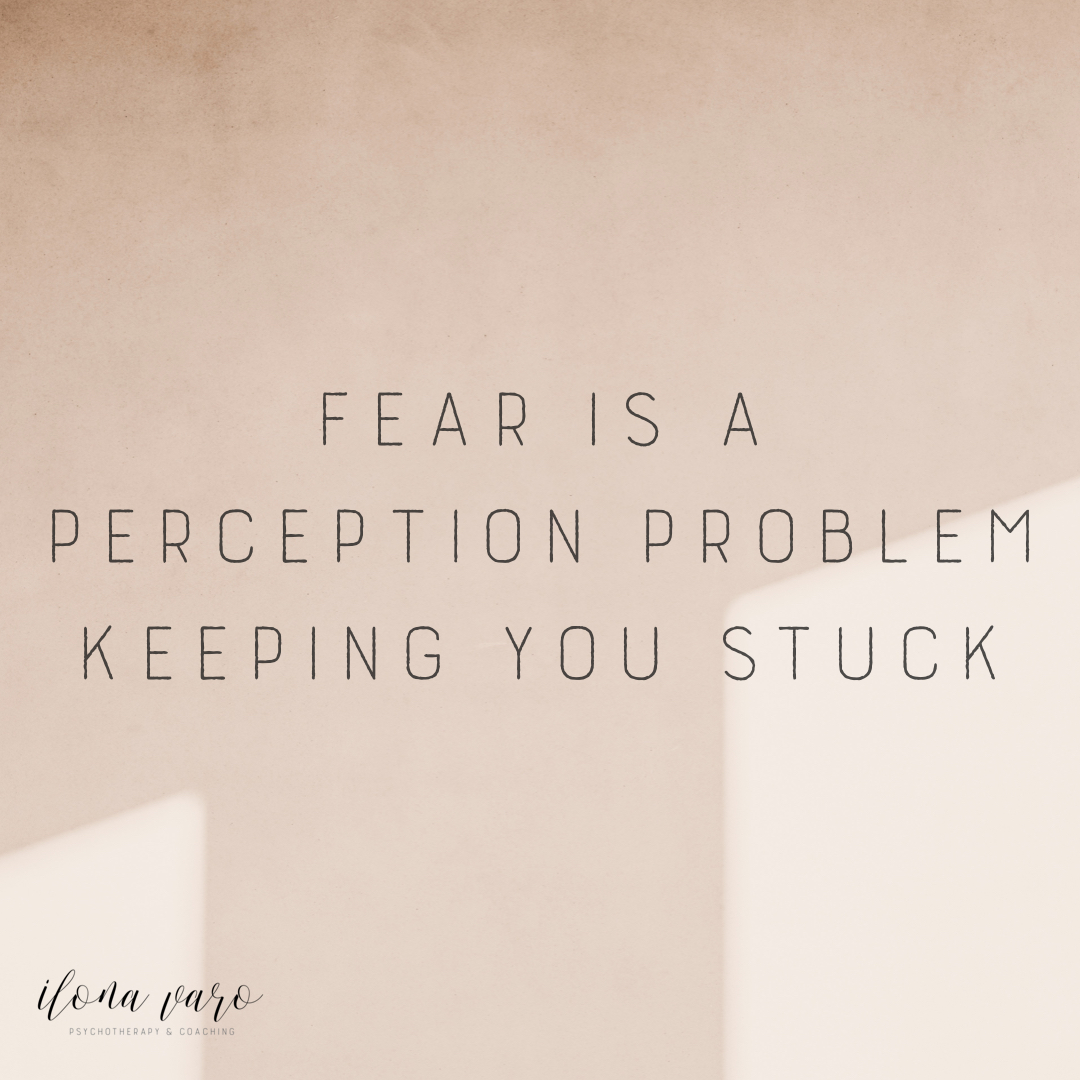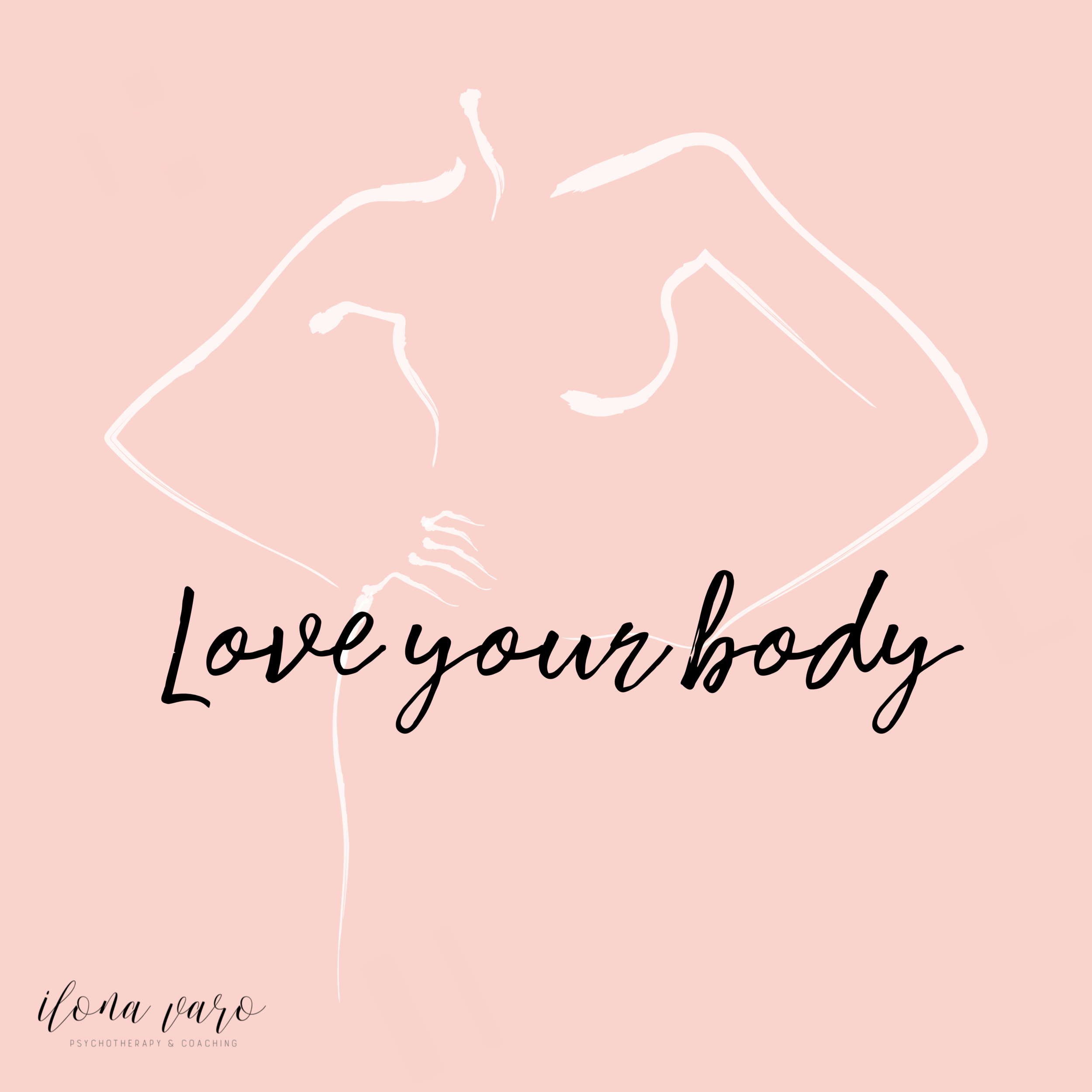Tracking in psychological terms involves more than monitoring progress, emotions, triggers, and beliefs. It includes observing how emotions manifest physically in your body. In trauma-informed psychotherapy, creating awareness around body sensations and embodied experiences is essential. This practice fosters a sense of presence, power, and connection, enhancing security and well-being within ourselves.
Read MoreAs a woman, and working mostly with female clientele, I find it important to talk about femininity, having a healthy connection to our bodies, and feeling confident/safe in our womanhood.
Connection to our bodies and embracing femininity is somewhat taboo still.
We are not taught to have a strong sense of self, or celebration of our curves. We are not usually encouraged to feel connected and empowered in our bodies.
Read More
Fear at best is an emotion that is trying to keep us safe, however, more often than not, fear is a perception problem keeping us stuck. This is why some people say that FEAR is an acronym that stands for “False Evidence Appearing Real.” I have a revised and helpful version of an acronym below that will help you deconstruct and stand up to your fears!
Read MoreAs we move into the summer months, a very popular topic of conversation is body image and being comfortable in one’s skin. The summer months tend to expose a lot of skin, metaphorically and literally, bringing up a lot of vulnerability, self-consciousness, guilt, shame, comparison and more.
I’ve found that body image is a multi layered phenomenon and experience. It is complex, impacts many areas of our lives, and can affect both your mental and physical wellbeing.
In order to have a healthy body image, it is important to identify where you get most of your body image messages.
Read MoreWE ALL WANT IT, BUT ARE WE WILLING TO WORK FOR IT?
There has been a lot of talk lately about change. New seasons, new phases of life, and stepping into new versions of ourselves. Yet change can be terrifying, uncomfortable and most of all unfamiliar. We love to stay comfortable and stagnant because it is EASIER than the alternative, even though change is what we are REALLY wanting. So how do we create change, if we are feeling scared, awkward, confused and helpless? Here are some tips to help you create change in your life.
Read More




